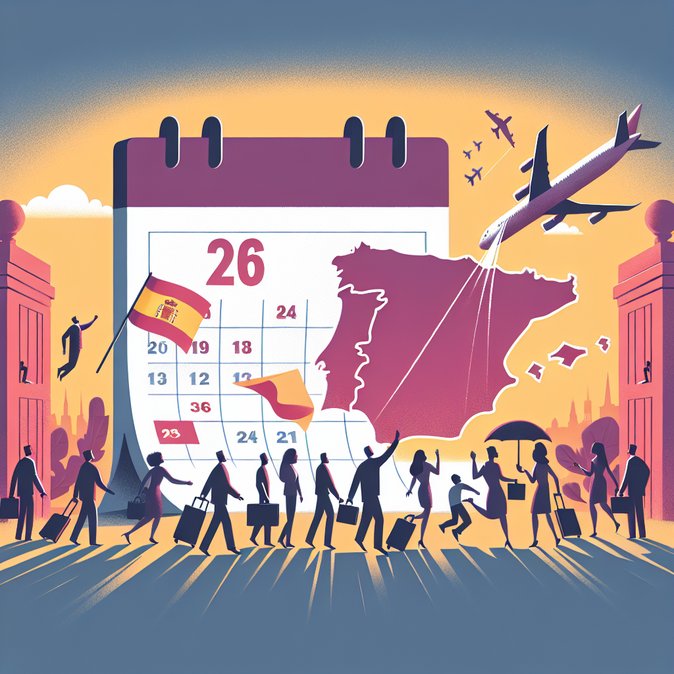
In a decision welcomed by employers and migrant-rights groups alike, the Spanish government has reduced the continuous-residence requirement for the Arraigo Social and Arraigo Sociolaboral permits from 36 to 24 months. The change was published on 19 November and applies to all applications filed from 20 November 2025 onward.
Arraigo is Spain’s flagship humanitarian regularisation pathway, granting a one-year work-and-residence permit—renewable for two—to foreigners who can prove strong social or labour ties. The previous three-year presence rule often left otherwise well-integrated migrants stuck in precarious jobs or the grey economy. Cutting the wait by a full year could benefit tens of thousands of undocumented workers who entered the country before November 2023.
![Arraigo Social Waiting Time Cut from Three to Two Years]()
Corporate Spain stands to gain as well. Talent managers can now regularise indispensable staff sooner, reducing compliance risk and turnover. Immigration advisers recommend that companies immediately screen their workforces; anyone who can document two years of continuous stay plus a 30-hour employment contract may already qualify. Processing times vary widely, from as little as four weeks in Valencia to two months in Madrid.
Strategically, the reform aligns Spain with a wider European trend toward inclusive labour-migration policies: Italy shortened its own “emersione” period earlier this year, and Portugal is debating a similar bill. Observers say the move could also ease labour shortages in hospitality, construction and elder care—sectors currently scrambling for legal workers ahead of the 2026 tourist season.
Arraigo is Spain’s flagship humanitarian regularisation pathway, granting a one-year work-and-residence permit—renewable for two—to foreigners who can prove strong social or labour ties. The previous three-year presence rule often left otherwise well-integrated migrants stuck in precarious jobs or the grey economy. Cutting the wait by a full year could benefit tens of thousands of undocumented workers who entered the country before November 2023.

Corporate Spain stands to gain as well. Talent managers can now regularise indispensable staff sooner, reducing compliance risk and turnover. Immigration advisers recommend that companies immediately screen their workforces; anyone who can document two years of continuous stay plus a 30-hour employment contract may already qualify. Processing times vary widely, from as little as four weeks in Valencia to two months in Madrid.
Strategically, the reform aligns Spain with a wider European trend toward inclusive labour-migration policies: Italy shortened its own “emersione” period earlier this year, and Portugal is debating a similar bill. Observers say the move could also ease labour shortages in hospitality, construction and elder care—sectors currently scrambling for legal workers ahead of the 2026 tourist season.


